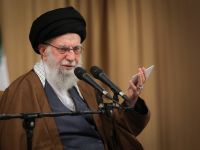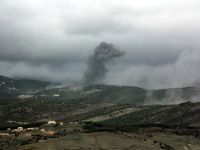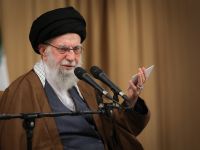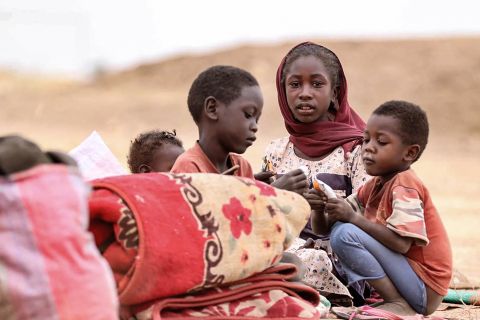General Date
Profile
Population 18.1 million (1999 estimate)
Population Growth Rate 3.7 percent
Religions 99% Muslim with some Jews, Christians, Hindus.
Government Republic
Languages Arabic (Many businessmen and government officials speak English.)
Work Week
Public Sector:
Saturday - Thursday
Monetary Unit Yemeni Rial (YR)
Exchange Rate YR160=$1
Current Political Climate
In 1967, following Britain's withdrawal from Yemen, the country segregated into two parts, with the National Liberation Front in the North and the communist People's Democratic Republic of Yemen (PDRY) established in the South. Relations between the two sides were hostile and characterized by armed clashes, border disputes, armed and unification talks, which continued for a decade. And following the reunification, the two sides again battled in a civil war.
Throughout this time, President Ali Abdallah Saleh was the ruler in the north and since reunification, took control over the entire country. He was reelected on September 26, 1999, collecting 96.3 percent of the vote. The opposition party called the vote a ''mockery,'' because their candidate was among those barred from running. International observers said the polling process was generally fair, but many believed the millions of dollars spent on the elections could have been used more productively.
Yemen has become active in regional politics. It is eager to gain membership in the Gulf Cooperation Council (Saudi Arabia, the UAE, Kuwait, Bahrain, Oman and Qatar). Its application has been rejected for various reasons, including the country's tense relations with some member countries, especially Saudi Arabia. The two countries are engaged in a border dispute, that frequently includes cross-border gunfire. Comments from both sides in late 1999 suggest that a settlement may be approaching.
Political Violence
Tribal groups have traditionally used kidnapping of foreigners as a way to pressure the foreign community to obtain projects, services or focusing government attention on the redress of grievances. These ''traditional'' kidnappings changed on December 28, 1998, when 16 tourists were kidnapped and killed. These kidnappers, however, belonged to no particular tribe and, although they stole money and jewelry from their captives, they professed themselves to be devout Muslims, prepared to die for their cause.
Still, in most kidnappings, the victims generally are treated well and released unharmed after two to three weeks. Over the past six years, Yemeni tribesmen have kidnapped more than 100 Westerners, demanding improvements to their villages and personal handouts in exchange for the victim’s safe release.
The tribesmen are particularly sensitive where oil and mineral extraction are concerned. There is a sense among those living in the mineral-rich areas that they are not getting a fair share of the wealth. To help build community relations and preserve the peace, investors in such ventures should consider hiring more local tribesmen than they might first judge economically necessary. Financing community-based buildings and services, such as in health care and basic education, can help ensure trouble-free investment in non-urban areas.
Yemen possesses a rich culture, a long history and beautiful terrain. Yet it has one of the region’s smallest tourism industries. The reasons are numerous, but perhaps the biggest is the tribal kidnappings of foreigners. In most cases, the kidnappers do not intend to harm the foreigners, but rather coerce the government into meeting their demands (i.e. providing increased services, or releasing political prisoners). This type of kidnapping did change, however, in 1998, when Islamic militants kidnapped a group of foreigners. During the internationally seen spectacle, four westerners were killed when government forces stormed the militants’ hideouts.
While this was an exception, President Abdullah Salih is seeking to end all kidnappings, recognizing the impact this has on the country’s tourism industry. He praised local security forces for securing the release of two French tourists kidnapped January 17th, saying, ``[W]henever security forces act in a speedy, effective and firm manner, the state’s prestige is enhanced and the criminals and all those who dare to sabotage the society’s security and stability are deterred” (Republic of Yemen Radio).
To help end these kidnappings, the president created a special anti-terrorism unit, headed by his eldest son. Moreover, the government created special courts in which to try kidnappers. Convicted offenders may receive the death penalty.
Political System
There are two functioning parallel political systems: an emerging modern democracy and an ancient tribal system dependent on patronage and consensus. The government is divided into three branches: the executive with the President appointing a cabinet headed by a Prime Minister; the legislative with a 301 member unicameral parliament; and the judicially consisting of three levels of courts.
© 2000 Mena Report (www.menareport.com)








